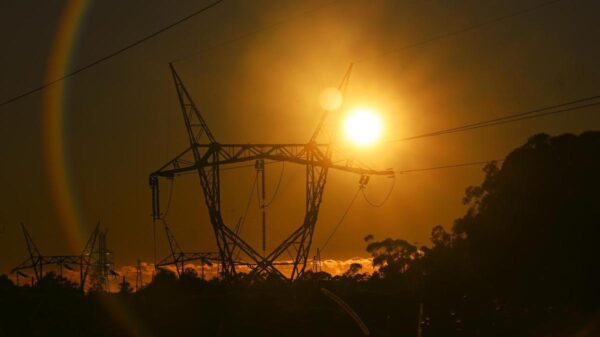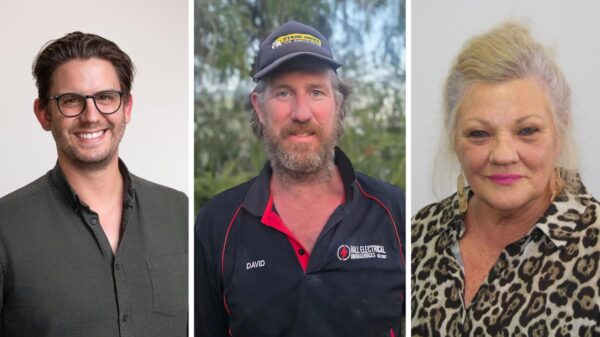In the Illawarra region of Australia, a troubling pattern has emerged regarding sexual assaults. Over the past year, police reported 519 incidents, averaging one assault every 17 hours. However, experts assert that this figure represents only a fraction—approximately 8 percent—of the actual assaults occurring in the community. If all sexual assaults were reported to law enforcement, the number could reach around 6,487 annually, highlighting a significant gap in reported incidents and the reality of sexual violence in the area.
According to Sally Stephenson, executive director of the Illawarra Women’s Health Centre, many individuals remain unaware of the true extent of this crisis. “We don’t want to know or to think that so many men, because predominantly it’s women—82 percent of victims—are that dangerous to us,” she stated. This denial complicates efforts to address the issue effectively, as societal perceptions often shield the realities of sexual violence.
The data from the NSW Bureau of Crime Statistics and Research reveals a concerning trend. The number of sexual assaults reported to police has increased by an astonishing 220 percent over the last two decades, from 162 incidents in 2006 to the current count of 519. The most significant rise occurred in the past three reporting years, with 398 cases logged in the latest financial year alone. While women aged 25 to 44 are the most likely to report assaults, the issue affects individuals across various age groups and socio-economic backgrounds.
A troubling connection exists between sexual assaults and domestic violence. In 40 percent of cases, the perpetrator is an intimate partner, often leading to further domestic abuse. Additionally, 32 percent of assaults are carried out by someone known to the victim. “You’ve got 72 percent by someone you know and should be able to trust,” Stephenson emphasized.
The data also shows that domestic violence incidents have reached a 20-year high, with police reporting 1,126 incidents. This figure marks the highest level since 2006, with an average of 976 domestic violence assaults reported annually since then.
In response to the growing issue, Jackie Fitzgerald, executive director of BOCSAR, noted that improved reporting methods have contributed to the increase in reported sexual assaults. The launch of the online Sexual Assault Reporting Option (SARO) in January 2023 has made it easier for victims to report incidents anonymously, accounting for 39 percent of the overall increase in sexual assault reports over the last decade. Over the past two years, reports of sexual assaults in New South Wales rose by 8.8 percent, continuing a decade-long trend of a 10 percent annual increase. Police-recorded sexual assault reports have more than doubled since 2015/16, rising by 136 percent.
Despite the surge in online reporting, Fitzgerald pointed out that SARO does not lead to increased police charges or criminal investigations. “SARO is designed to offer victims a more trauma-informed and accessible reporting option, not necessarily to initiate legal proceedings,” she explained. This approach aims to provide support rather than strictly focusing on legal outcomes.
Legal advocate and solicitor Karen Iles acknowledged that while SARO may not result in formal investigations, it can play a crucial role in a victim’s recovery process. “Disclosing experiences of sexual violence can assist a victim to commence a healing and recovery journey,” said Iles, who leads Violet Co Legal and Consulting. Victims often find healing when they disclose their experiences to trusted individuals, whether police, health workers, or friends.
In a recent parliamentary session, Yasmin Catley, Police Minister, expressed concern about the fear within communities affected by violence. “Statistics are very little comfort to people who have been victims of crime, especially violent crime and especially within the sanctity of your own home,” she stated. Catley highlighted the need for effective interventions to ensure that communities feel safe and secure in their environments.
The escalating crisis of sexual assault in the Illawarra demands urgent attention and action from both authorities and the community. The need for awareness and support systems is paramount to address the underlying issues and empower victims to seek help.


































































